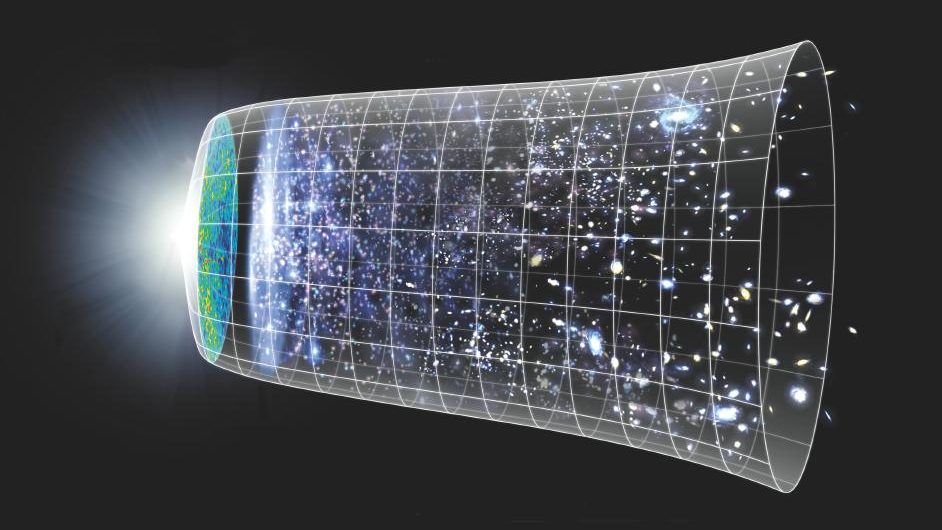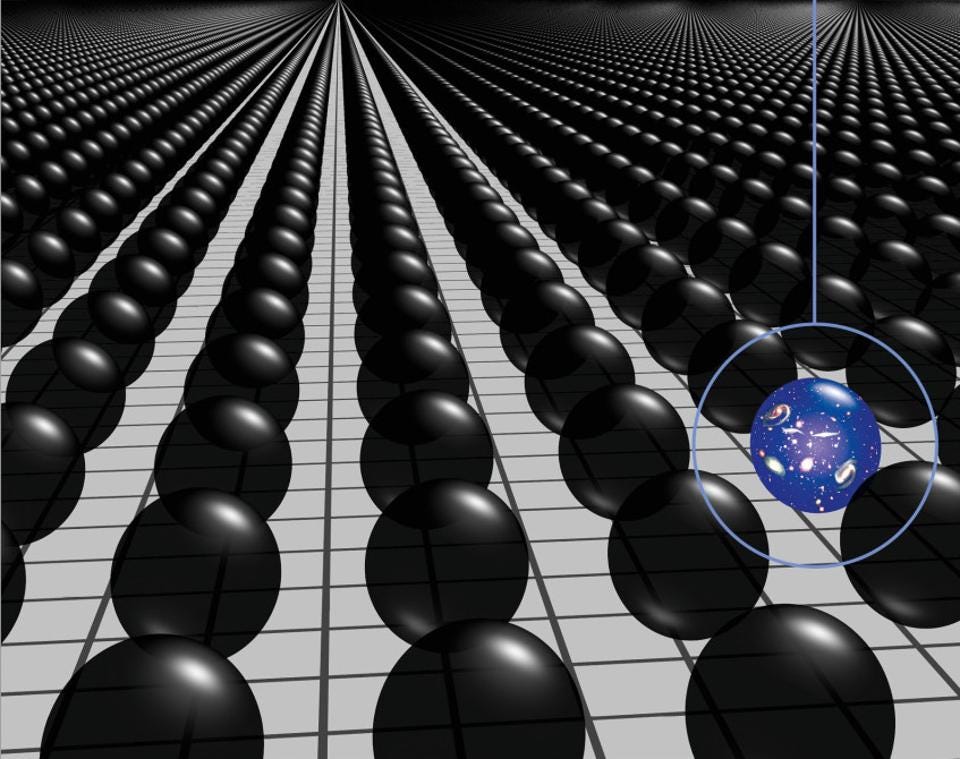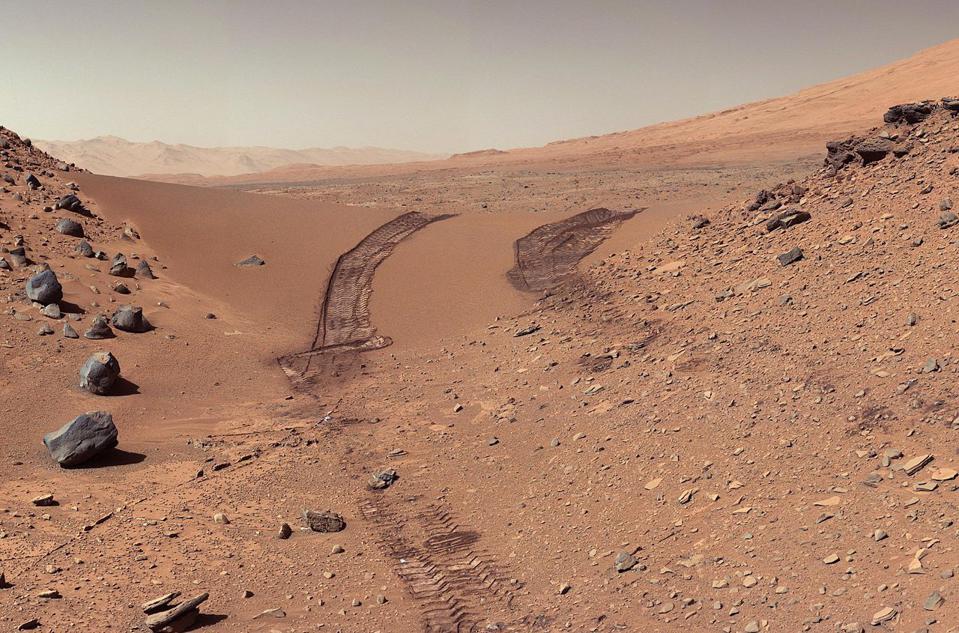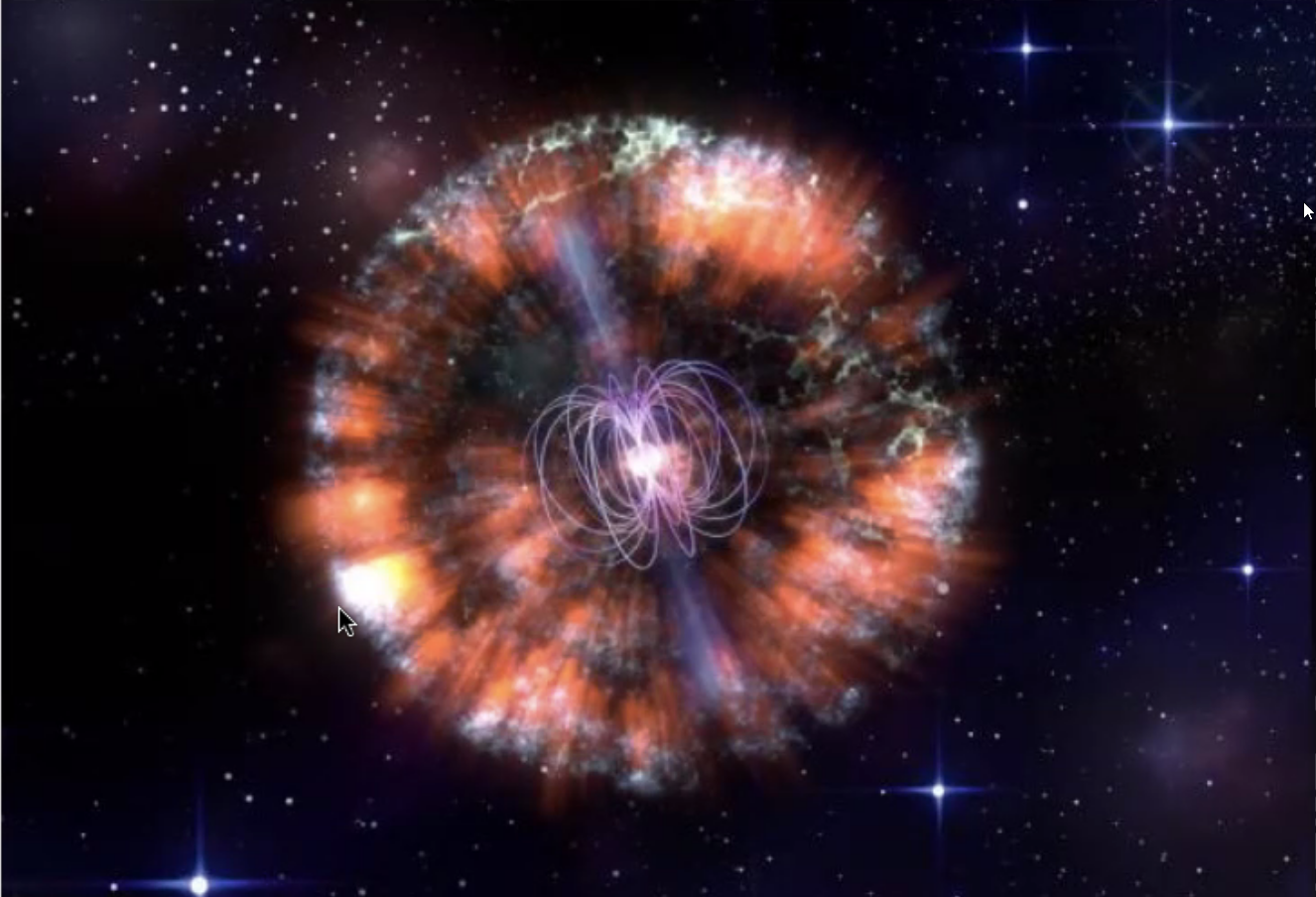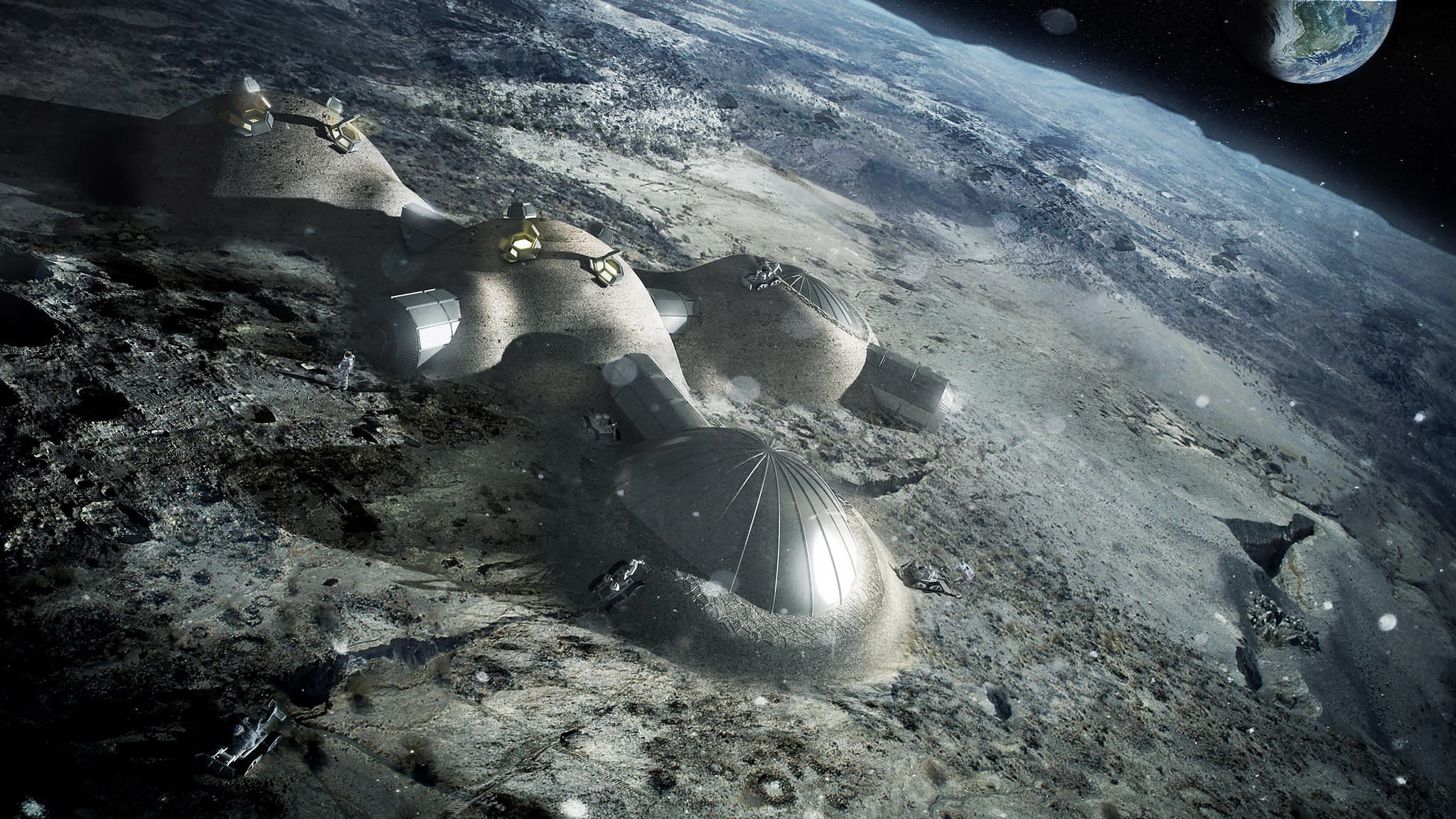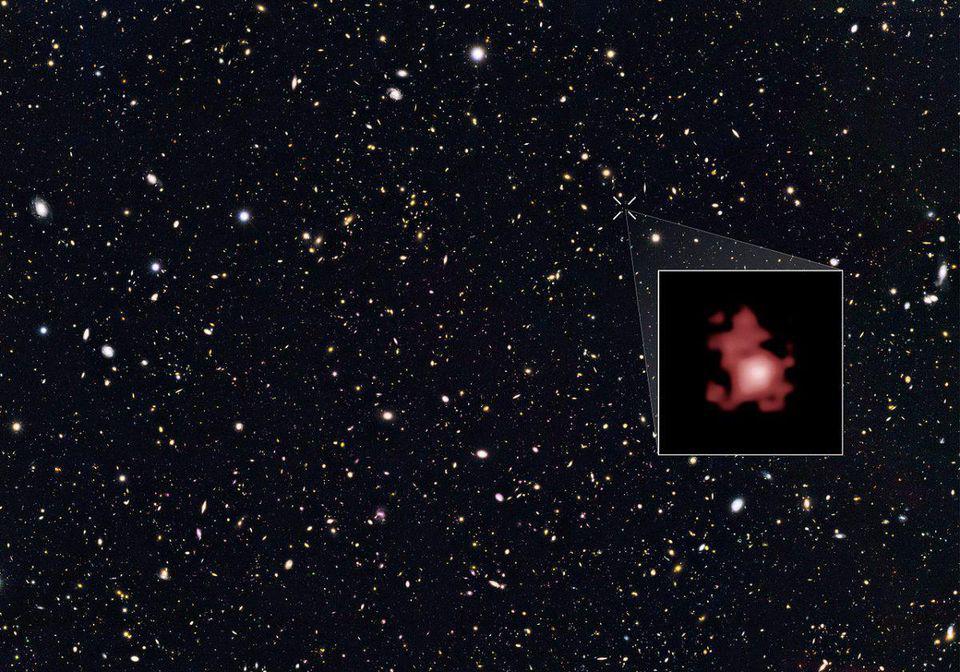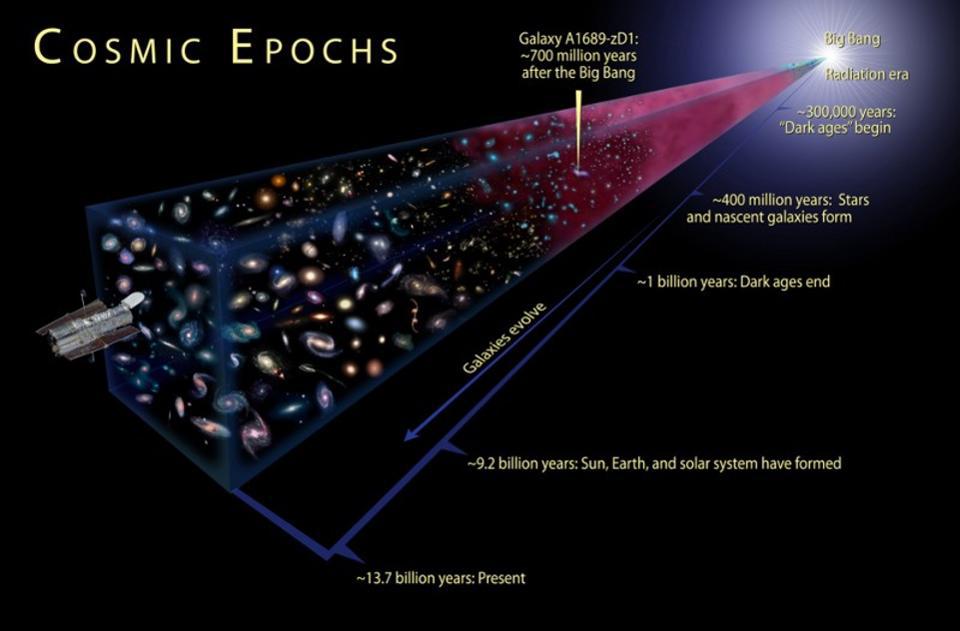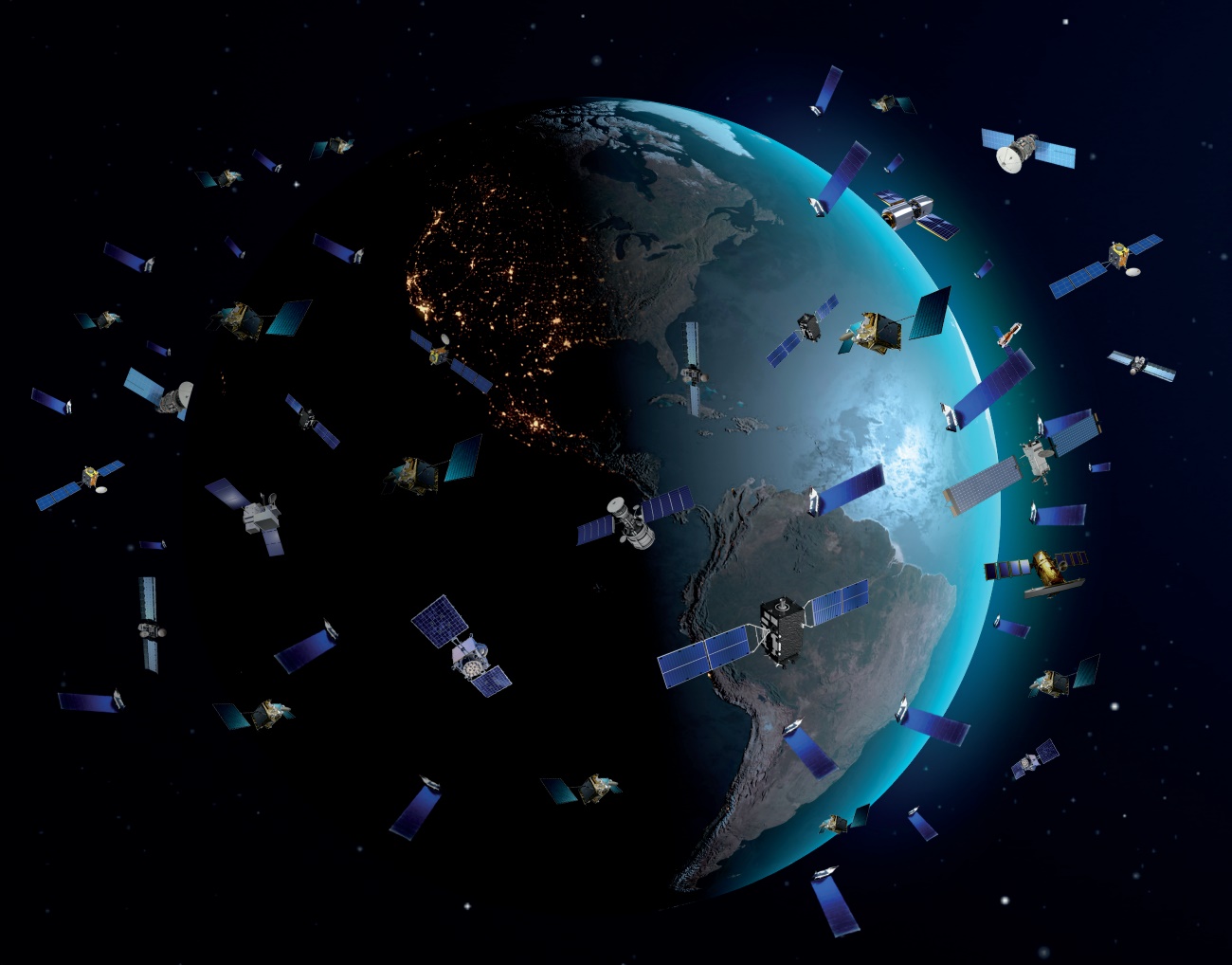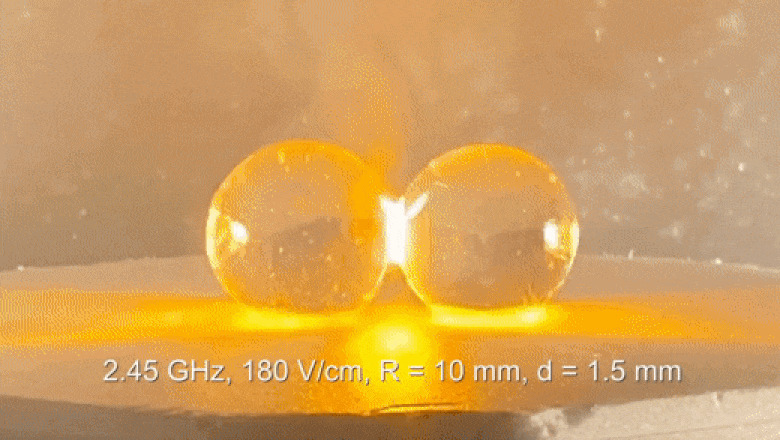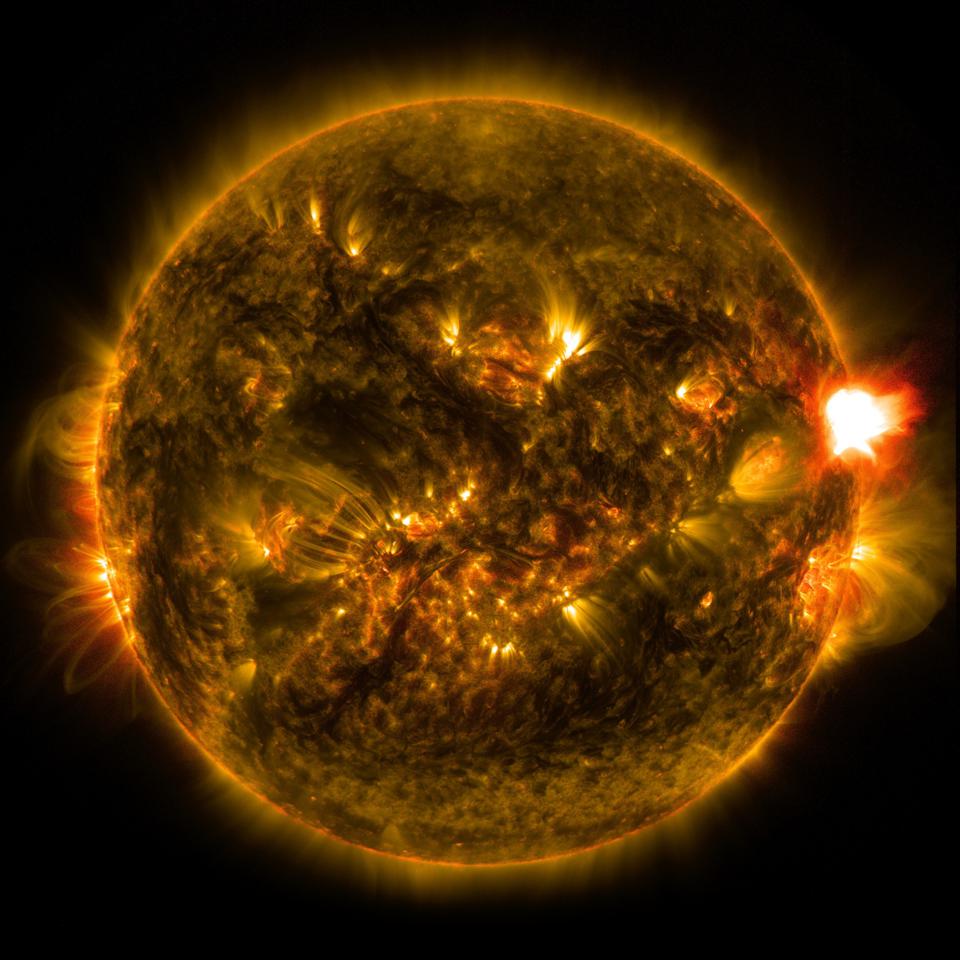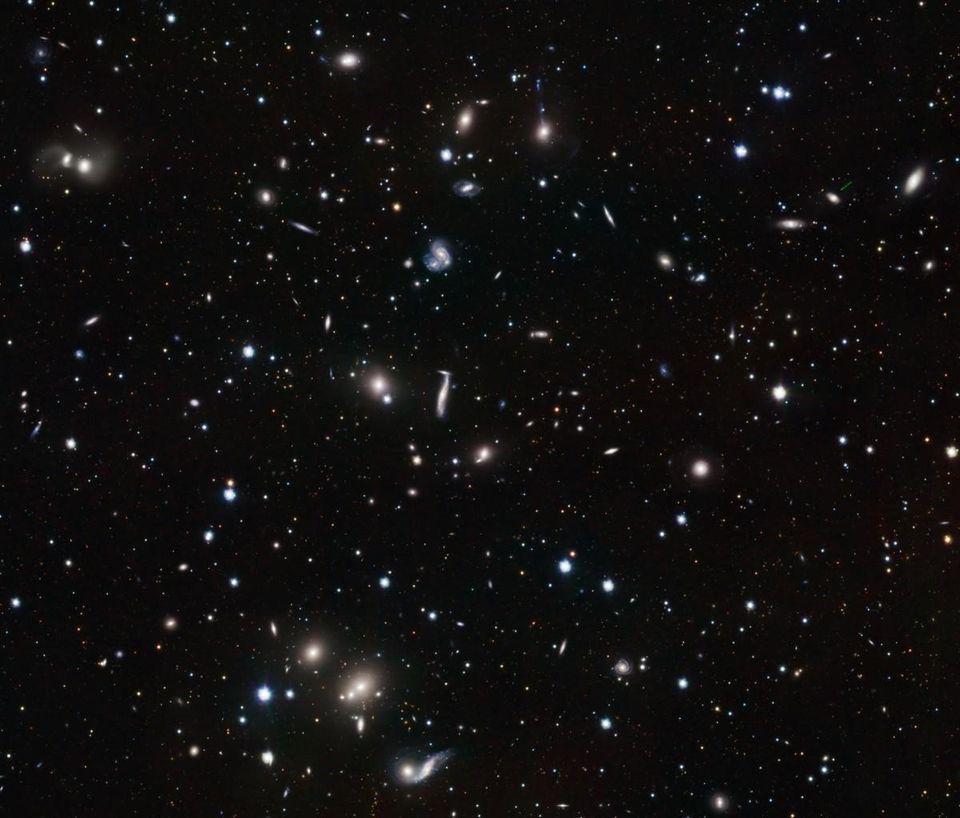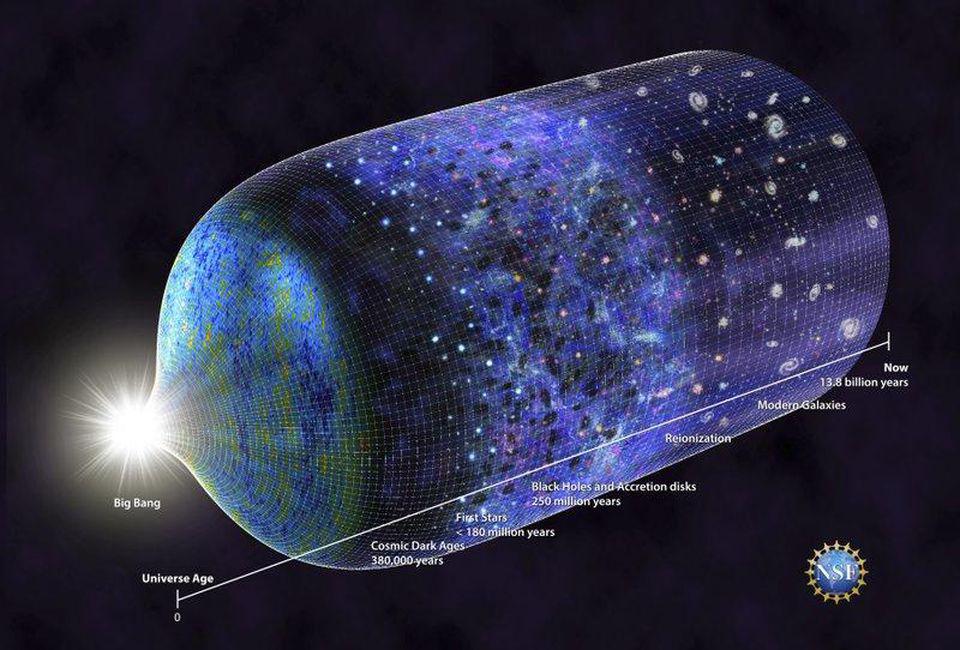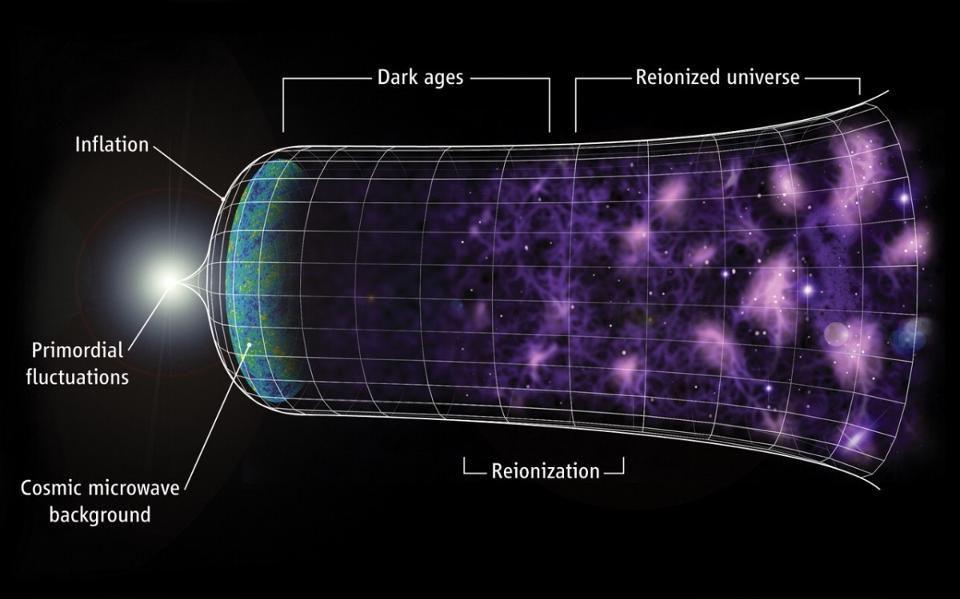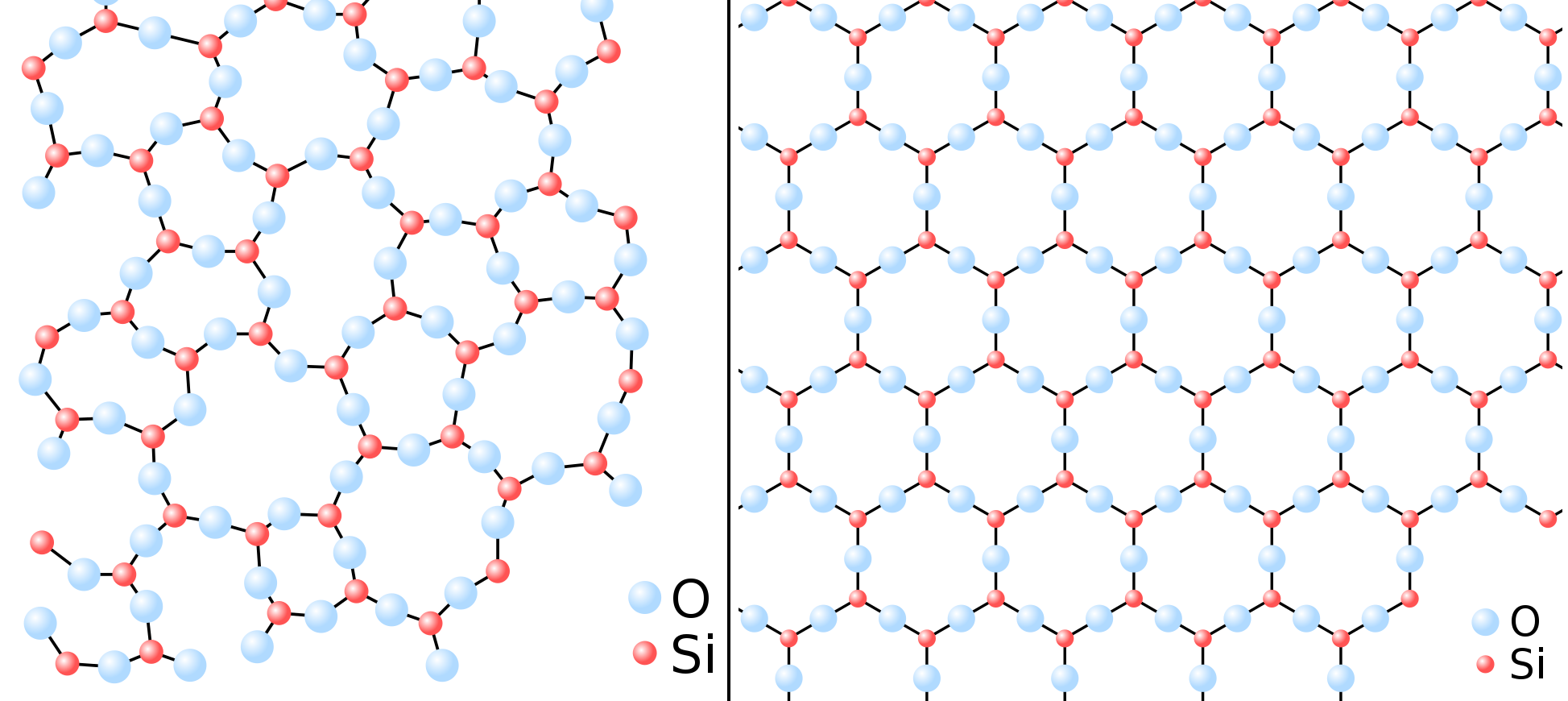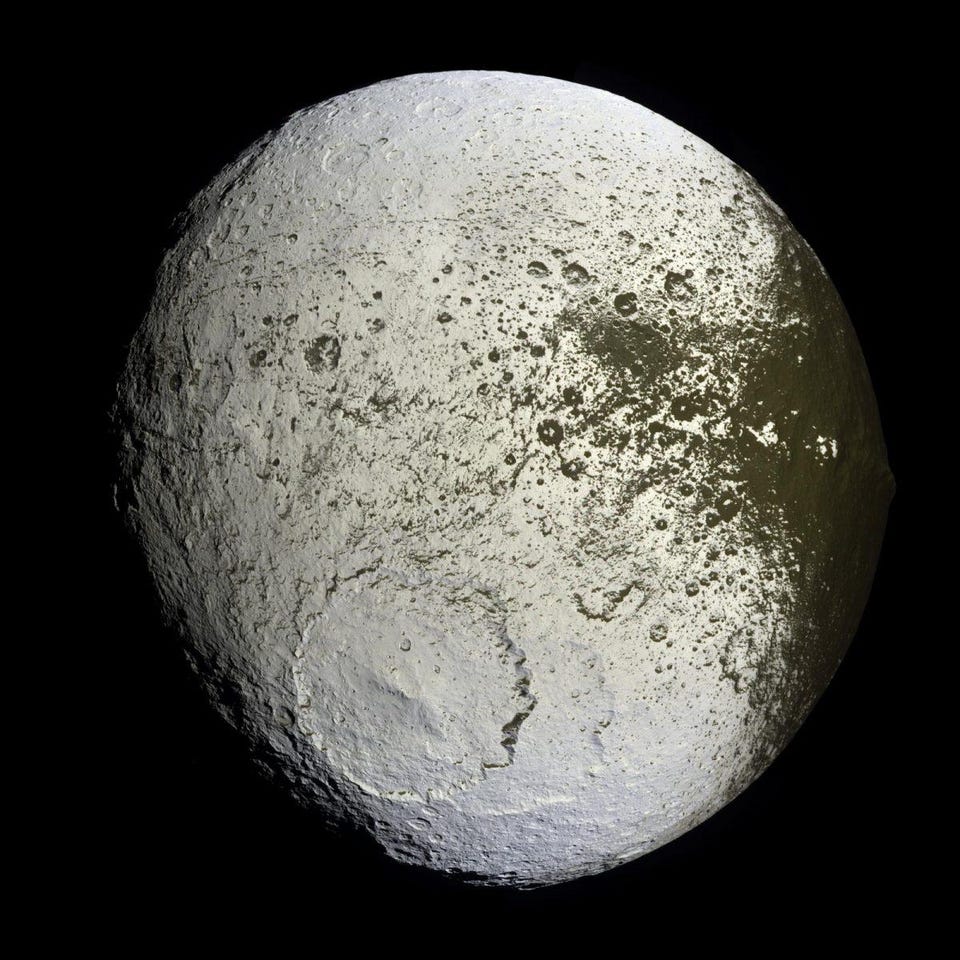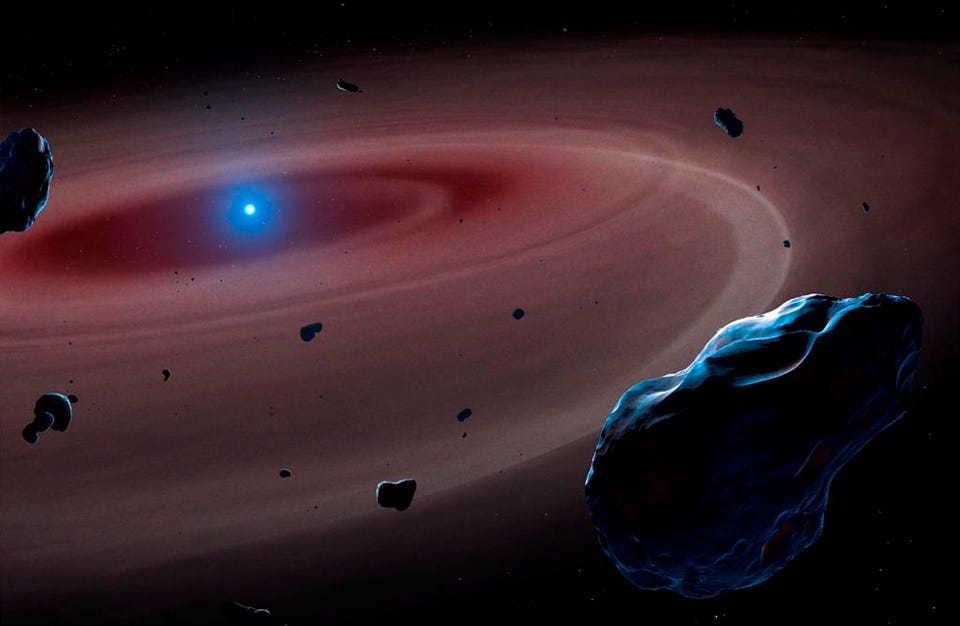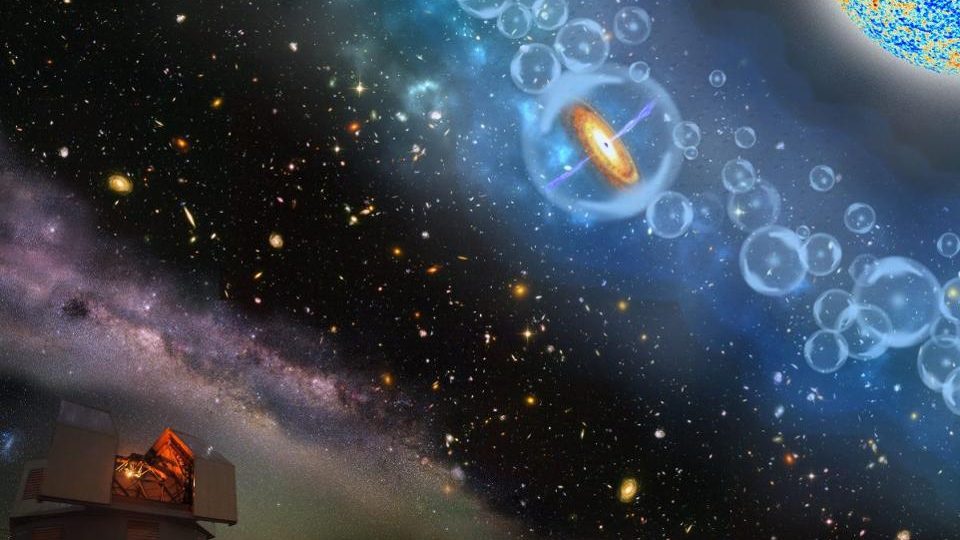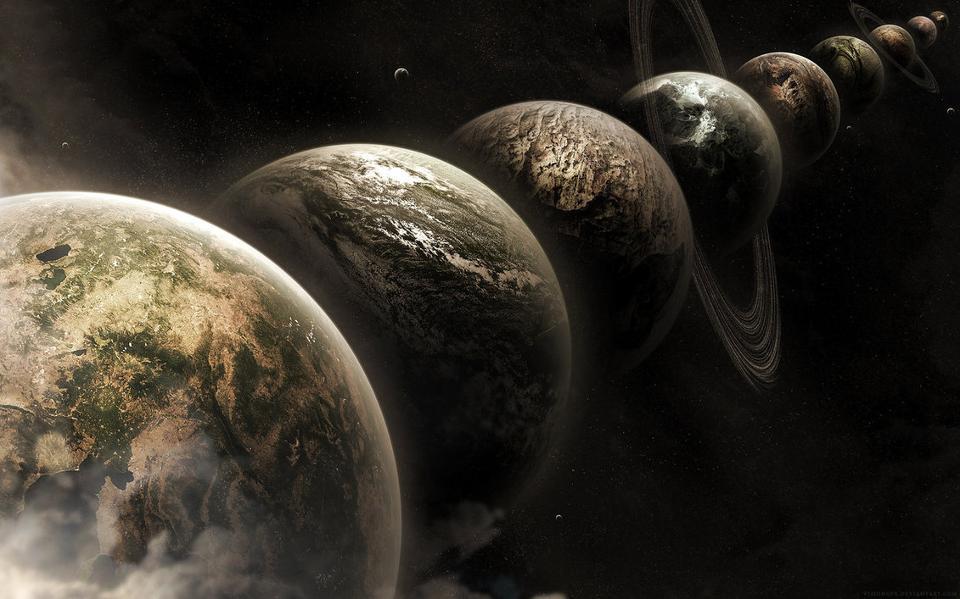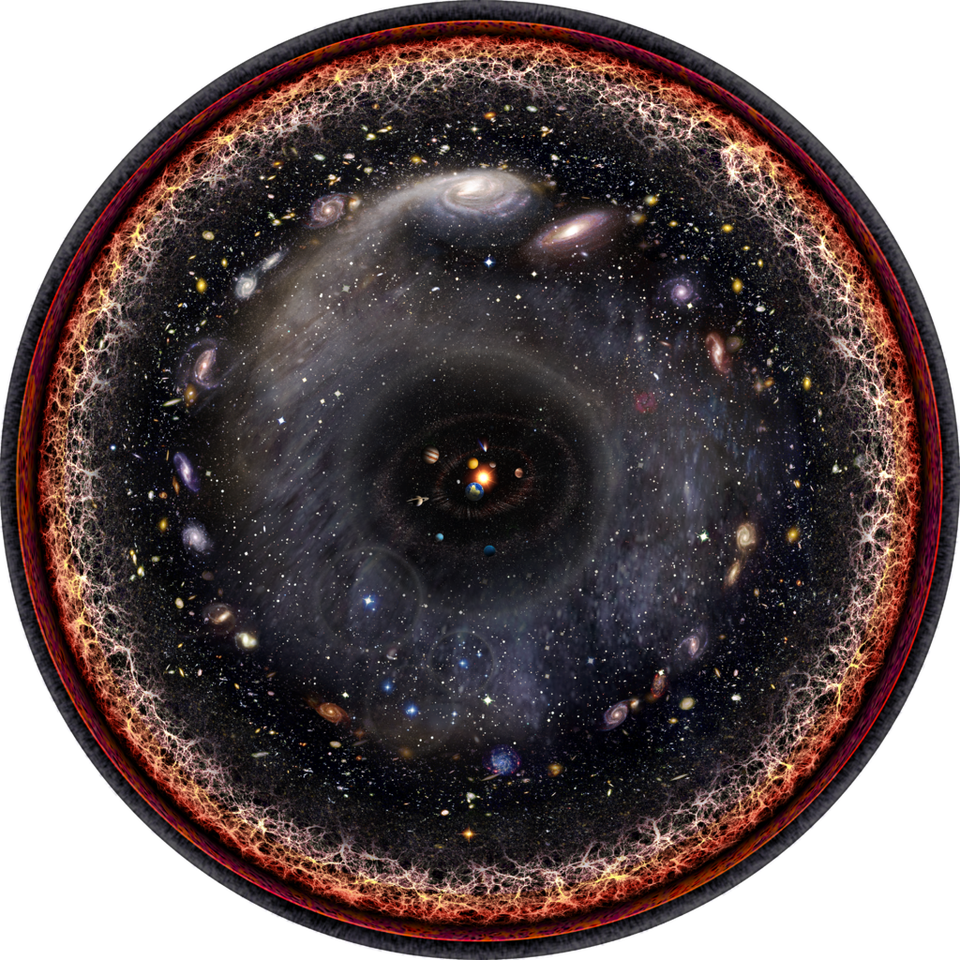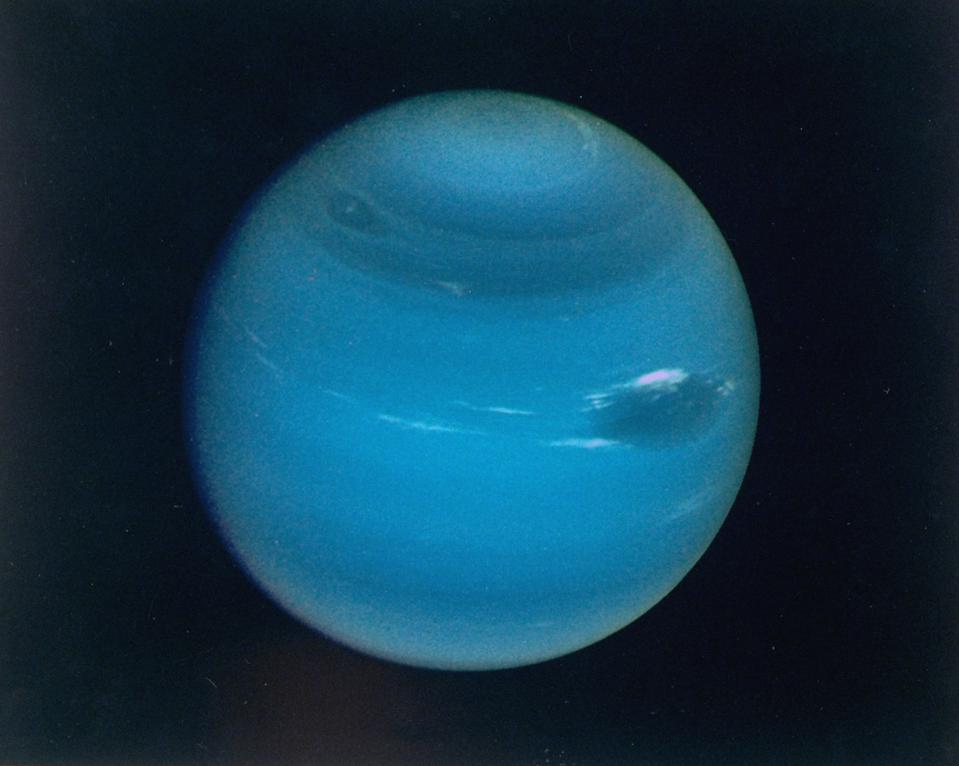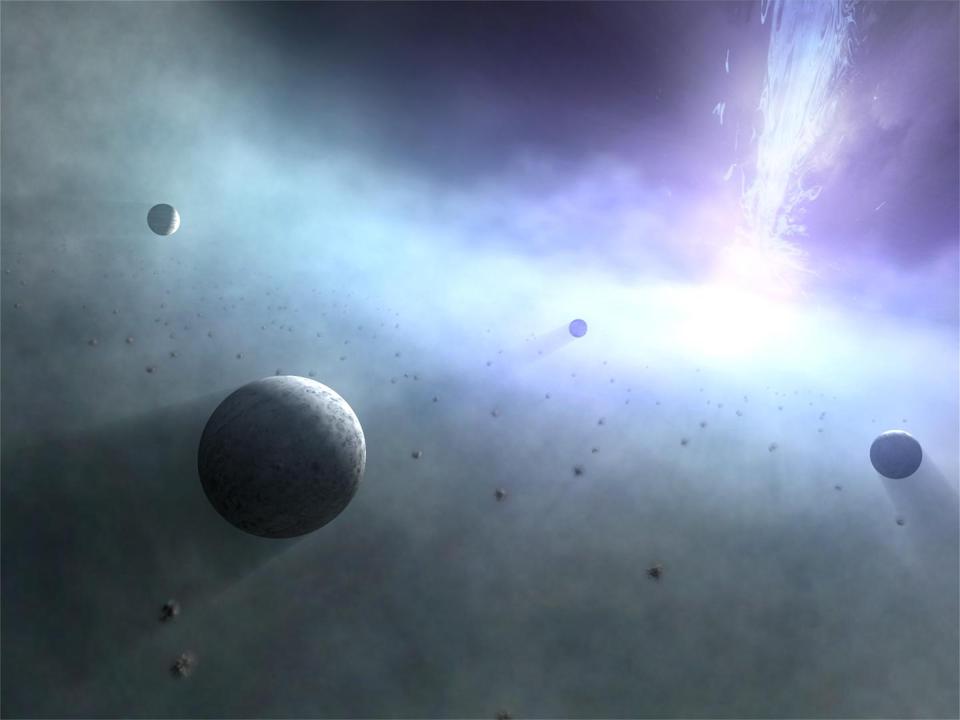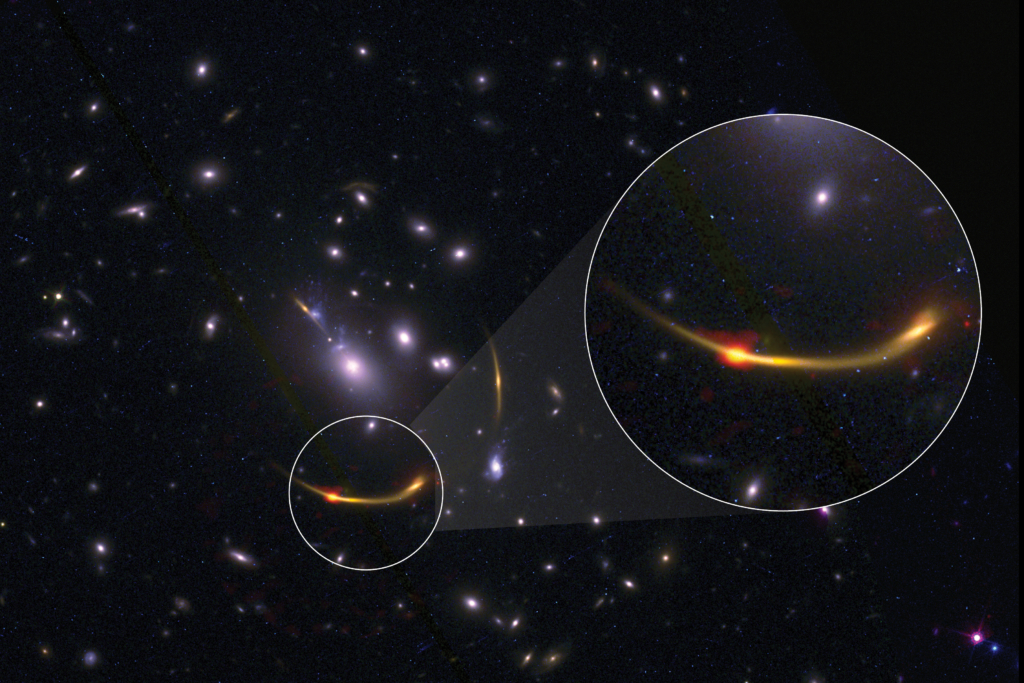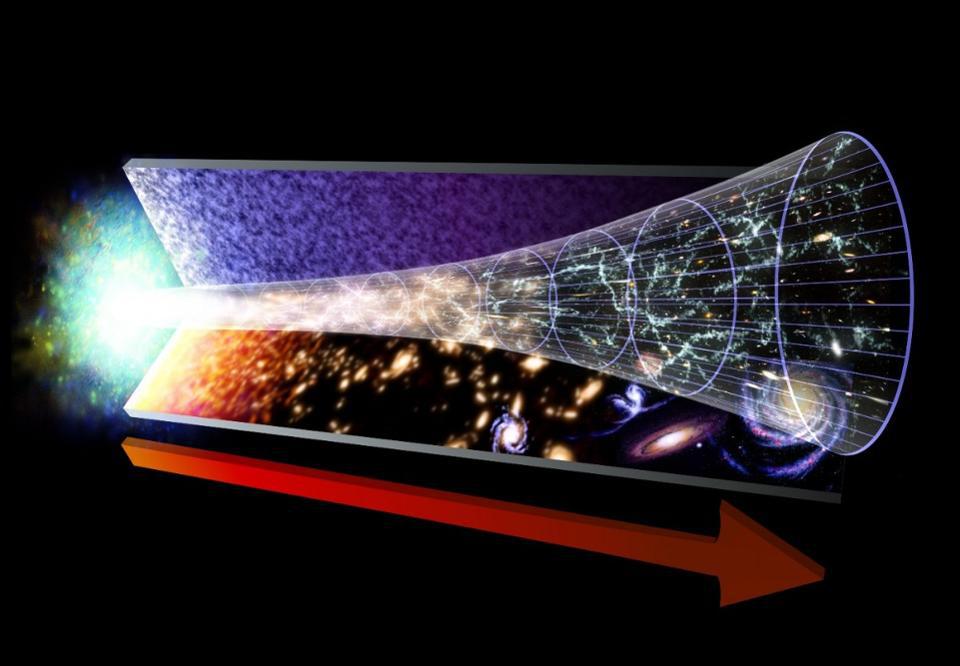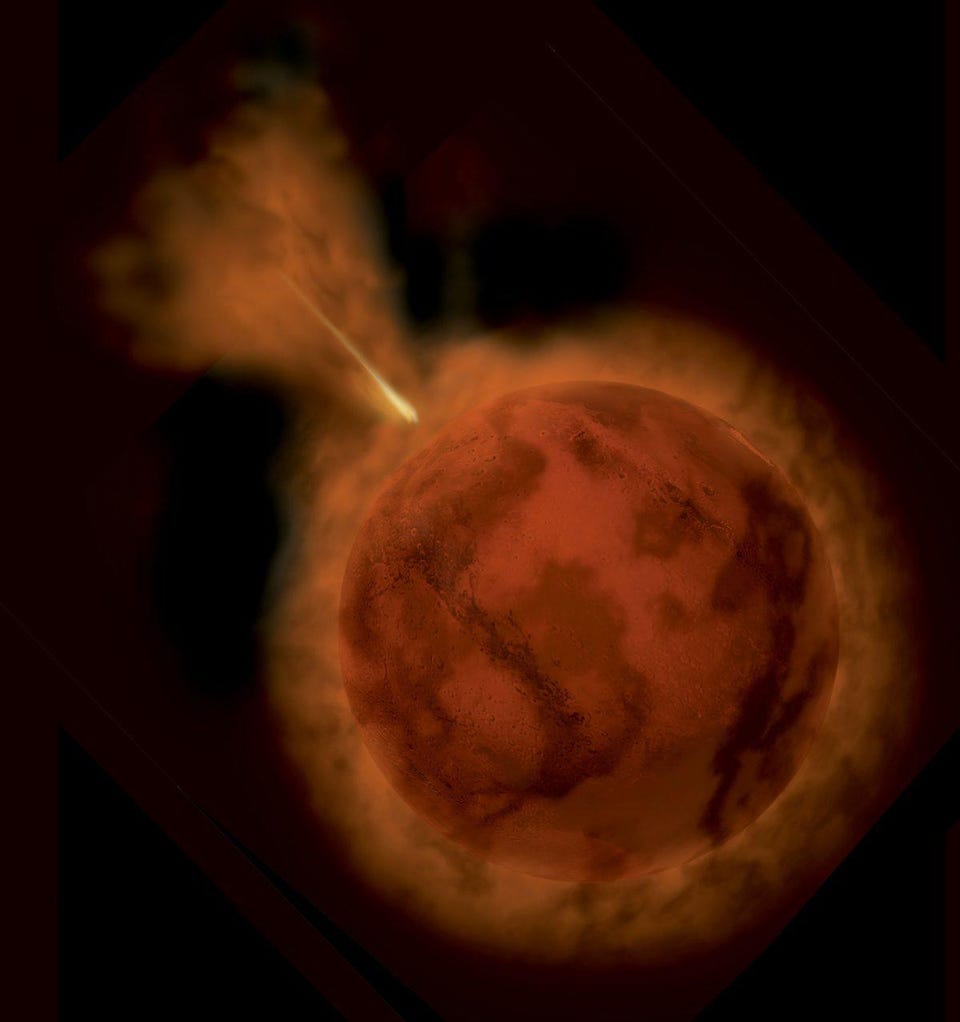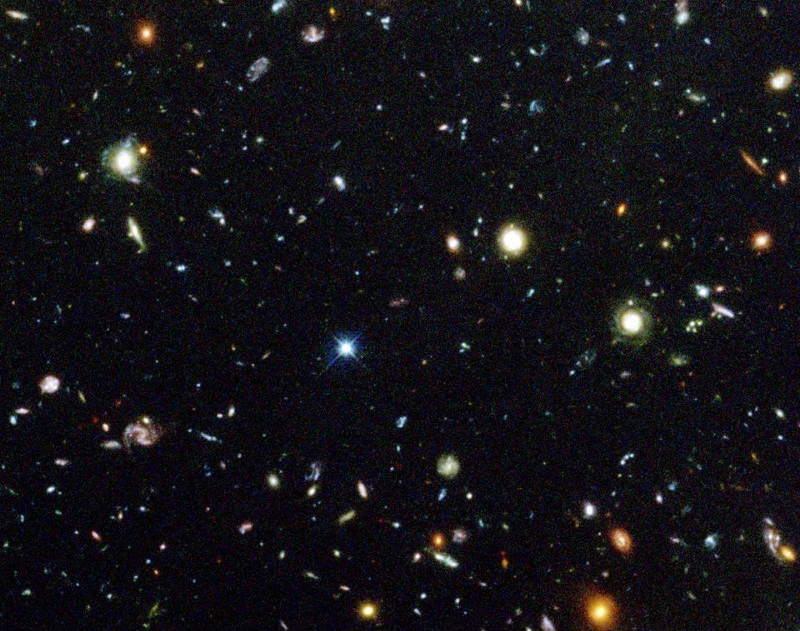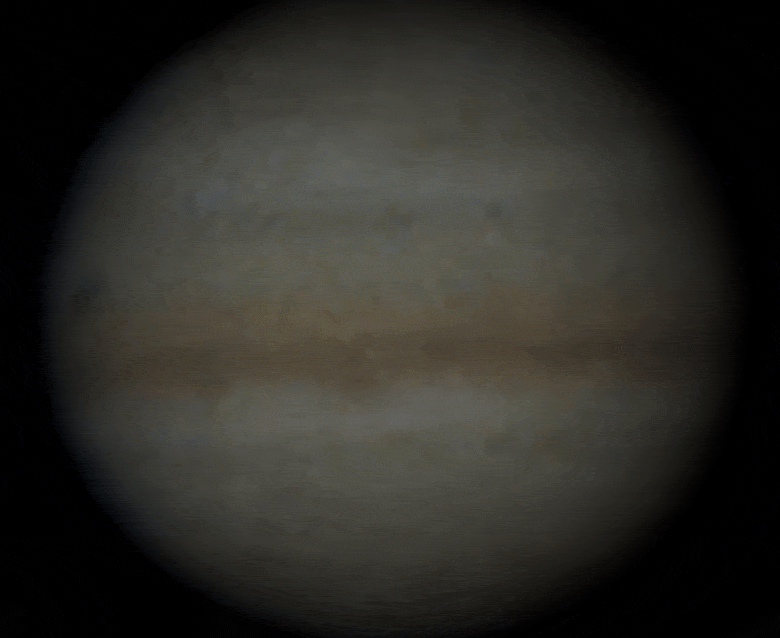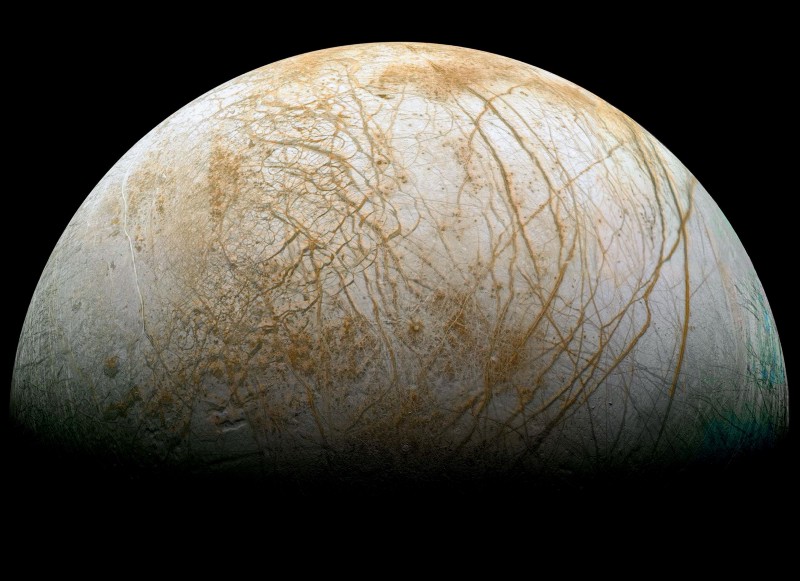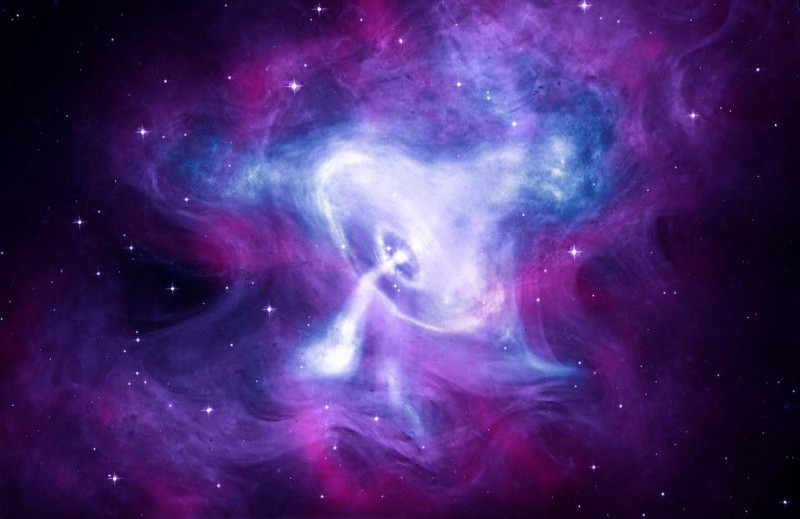
The Universe is out there, waiting for you to discover it.
Our mission: to answer, scientifically, the biggest questions of all.
- What is our Universe made of?
- How did it become the way it is today?
- Where did everything come from?
- What is the ultimate fate of the cosmos?
For countless generations, these were questions without resolutions. Now, for the first time in history, we have scientific answers. Starts With A Bang, written by Dr. Ethan Siegel, brings these stories — of what we know and how we know it — directly to you.
Get Starts With A Bang in your inbox
Featured
Why power generated through nuclear fusion will be the future, but not the present, solution to humanity’s energy needs.
It’s a strange idea to consider: that a tiny building block of matter, the atomic nucleus, holds the greatest potential for energy release.
And yet, it’s true; while electron transitions in atoms or molecules typically release energy on the order of ~1 electron-Volt, nuclear transitions between different configurations release energies a million times as great, on the order of ~1 Mega-electron-Volt.
Popular
From before the Big Bang to the present day, the Universe goes through many eras. Dark energy heralds the final one.
A wild, compelling idea without a direct, practical test, the Multiverse is highly controversial. But its supporting pillars sure are stable.
The surface and atmosphere is colored by ferric oxides. Beneath a very thin layer, mere millimeters deep in places, it’s not red anymore.
The first supernova ever discovered through its X-rays has an enormously powerful engine at its core. It’s unlike anything ever seen.
Just 13.8 billion years after the hot Big Bang, we can see 46.1 billion light-years away in all directions. Doesn’t that violate…something?
All Stories
The first world that humans should inhabit beyond the Earth is the Moon, not Mars. Here’s why terraforming our lunar neighbor is so appealing.
As the first Friedmann equation celebrates its 99th anniversary, it remains the one equation to describe our entire universe.
The universe is filled with unlikely events, but is also full of ways to fool ourselves.
It’s been precisely 13.8 billion years since the Big Bang occurred. Here’s how we know.
An unprecedented number of new satellites threatens the night sky as we know it. Will we act in time to save it?
Put two grapes close together in a microwave and you’ll get an electrifying result, all because of the physics of plasmas.
For the past 150+ years, the big ones have all missed us. But at some point, our good luck will run out.
Even if we traveled at the speed of light, we’d never catch up to these galaxies.
The “overview effect,” experienced by astronauts when they view the Earth from outer space, irrevocably changes your perspective as a human.
We used to think the Big Bang meant the universe began from a singularity. Nearly 100 years later, we’re not so sure.
Migrating our planet to a safer orbit might be the only way to preserve Earth after all the ice melts.
Chemical energy, where electrons transition in atoms, powers the reactions we see. But two other types hold more promise than all the rest.
Many contrarians dispute that cosmic inflation occurred. The evidence says otherwise.
From wearable electronics to microscopic sensors to telemedicine, new advances like graphene and supercapacitors are bringing “impossible” electronics to life.
It’s not for climate science and condensed matter physics. It’s for advancing our understanding beyond spherical cows.
Saturn’s Iapetus, discovered way back in 1671, has three bizarre features that science still can’t fully explain.
The past ~4 billion years have been an incredibly successful, unbroken run for life on Earth. The future won’t be nearly so bright.
If we were born trillions of years in the future, could we even figure out our cosmic history?
If there really is another version of you out there in a parallel universe, what can that teach us about reality?
The universe is only 13.8 billion years old, but we can see back 46.1 billion light-years. Here’s how the expanding universe does it.
Gravitation, all on its own, can reveal what’s present in the cosmos like nothing else.
Are the stellar remnants in our cosmic backyard actually our parents and grandparents?
The most massive galaxies lost their star-forming material very early on and never got it back.
Everything else in the universe is either a particle or field. Dark energy behaves as neither, and it may be a property inherent to space itself.
Phobos and Deimos only have two explanations, and neither one adds up.
But the upcoming James Webb Space Telescope compels us to add, “so far.” Beginning with its 1990 launch, NASA’s Hubble Space Telescope revolutionized our conception of the Universe. This photo of […]
Even with all the recent impacts we’ve seen, it might be more “foe” than “friend” to us.
How the search for alien life is taking place right here in our own Solar System. If you want to understand the origin of life in the Universe, you have three […]
The highest-energy particles of all come from space, not human-made colliders. When it comes to the most energetic particle collisions of all, you might think that the Large Hadron Collider […]
Is the time crystal really an otherworldly revolution, leveraging quantum computing that will change physics forever?




